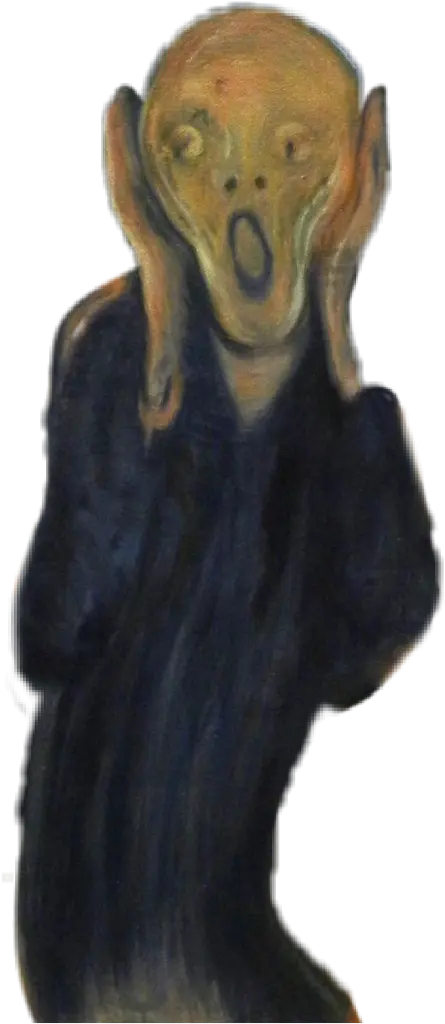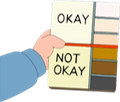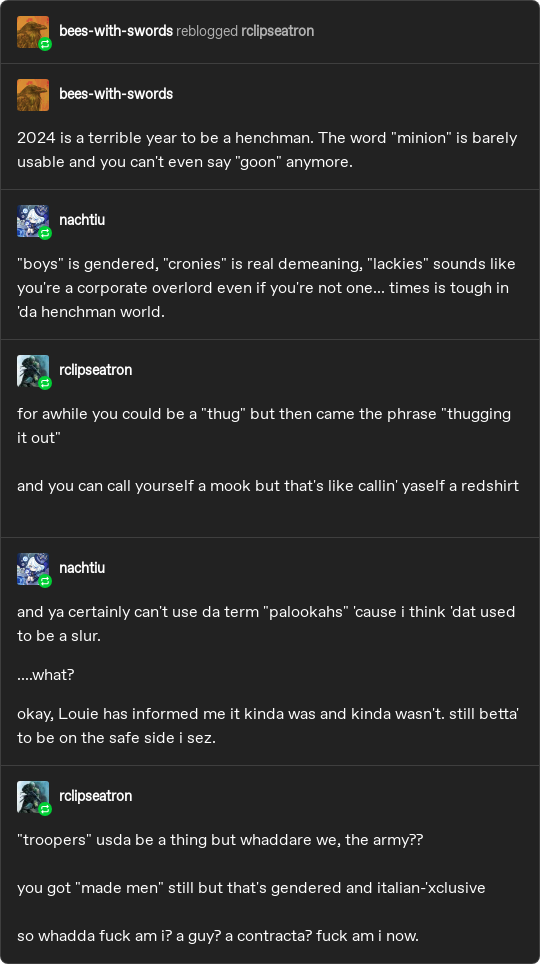

Getting to triple-dip into xiyuan, putinrubles, and sorosbucks was too tempting. Hexbear only accepts trans communists, so that’s what I became. While taking medical transition steps isn’t necessary to be trans, it helped with getting into character. Some people claim it’s “gender euphoria” but I attribute it to the satisfaction of committing to the bit to mislead the libs. I got along well with another pretend trans poster, and the DMs turned into a full-blow performative t4t relationship. Eventually we moved in together to stretch the botmoney further. We started a family to pass on the communist bit to a new generation. We never stopped posting. 4 kids and 12 grandchildren later, A wrecker I could not defeat came for me. Cancer. In hospice, surrounded by my loved ones, chosen family, and circle of friends, they asked me what final wisdom I wanted to pass on before handing me the morphine button.
“Haha, you all fell for it you rubes! I was faking it this whole time. I wasn’t actually fighting for the liberation of marginalised people and the working class. I hate you all!”
I mash the button while holding my partner’s hand, who congratulates me on the historic bit but calls me a lib for ruining kayfabe. I die in shame.



















https://bees-with-swords.tumblr.com/post/767543675777613824
